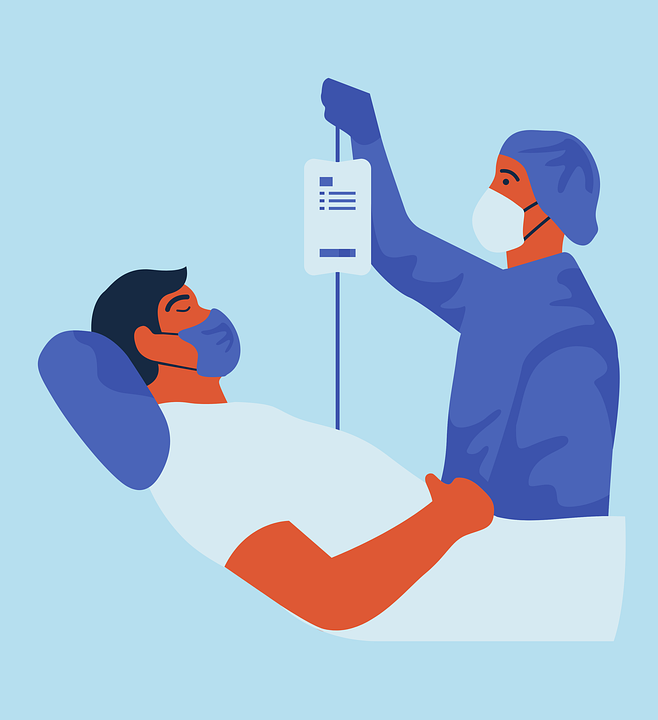
Ever overcaffeinated yourself ? 🙋♂️Too much of anything good rarely turns out good, IV fluids in particular are easily overlooked & overdone. While they can bring some patients back from the pearly gates, if not reined in they can get them under the weather. They are just too normalized ! I remember a sassy old patient who took me to task the next morning because “that saline you hooked me to made me pee a fountain all night”. Another one wasn’t happy because “I didn’t get an ounce of sleep thanks to the IV alarm talking to me all the time”. Though one was particularly happy since swelling took away her wrinkles 😂
Some of these side-effects come on insidiously and can be too late when they manifest, while some may happen after the patient has discharged risking a re-admission. They affect the elderly disproportionately more, contribute to their physical deconditioning and increase length of hospital stay.
- Extra body weight and swollen legs, making walking difficult and increase fall risks. Try walking with 5-15 pounds attached to your legs !
- Muscle cramps, that interfere sleep & activity
- Hemodilution, contributing to more lab draws and unnecessary transfusions and fatigue
- Flash Pulmonary edema
- Slower healing of post-op incisions by edematous skin
- Elevated blood pressures
- Blown IV lines & thrombophebitis
- Patients less inclined to get up & walk dragging around that IV pole
- Electrolytes messing up, causing more lab pokes & expensive corrections
- And like our sleepless patients above – excessive urination, intrusive IV pump alarms, kinked lines
You get the drift. Here are some clinical tips in this regard:
A. The hand that orders IV fluids must also plug in a limit order : either by way of number of bags, or days or stop-by date. I usually limit the order to 1 or 2 bags, which forces me or other providers to think again if they are still needed
B. Can you hold those IV fluids while they are asleep ?
C. NPO should not automatically mean IV fluids. We all sleep at home just fine naturally NPO without IV fluids! Post-op status also should not automatically mean IV fluids if they are eating just fine & vitals are 👌🏽
D. Consider transient & gentle use of diuretics closer to or after discharge if your patient gained fluid weight during their hospital stay
E. If you order IV fluids, make it a habit to document their medical necessity. Medicare has been working on penalizing hospitals for excessive IV fluids. If you caused fluid overload via IV fluids, and then increased length or stay or caused a re-admission – is it fair to expect insurance to pay ?
Don’t miss these fun posts! Subscribe via email 📩 | |
